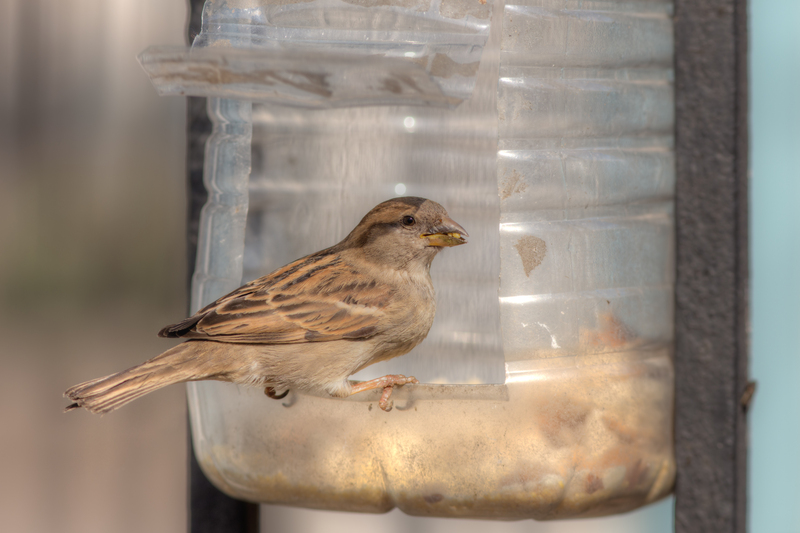
Facing the Crisis: Stopping Microplastic Pollution
In recent years, microplastic pollution has emerged as a critical environmental issue affecting ecosystems and human health alike. Defined as plastic particles less than five millimeters in diameter, microplastics are pervasive pollutants that have even infiltrated our food chain. Addressing this multifaceted crisis requires a comprehensive understanding and strategic action to mitigate its impact.
Understanding Microplastics: What Are They?
Microplastics can be categorized into primary and secondary microplastics. Primary microplastics are designed for commercial use, such as microbeads in cosmetics. Conversely, secondary microplastics are the result of larger plastic debris fragmenting over time.
The Journey of Microplastics
These tiny particles are insidious, making their way into oceans, rivers, and even the air we breathe. They start their journey when industrial waste enters the water systems, textile fibers are released during washing, or littered plastics degrade in the environment.
Key Microplastic Sources:- Cosmetic Products
- Plastic Packaging
- Laundry Fibers
- Industrial Spillages
The Silent Threat: Impact on the Environment and Health
Microplastics pose significant environmental and health risks. Below are a few areas where they cause the most concern:
Environmental Impact
Microplastics have a detrimental effect on aquatic life. They are mistaken for food by marine organisms, causing starvation, physical harm, and even death. Additionally, they disrupt the ocean's innate ability to regulate the Earth's temperature.
Human Health Concerns
Humans are exposed to microplastics through the air, water, and food. Studies suggest the particles contribute to inflammatory reactions and could interfere with the immune system. Understanding long-term human health effects remains an area of active research.
Tackling Microplastic Pollution: Strategies and Solutions
Addressing the impact of microplastics requires multi-level intervention. Here are some effective approaches:
Policy and Regulation
Governments globally must implement stricter regulations to control plastic production and usage. From banning microbeads to establishing extended producer responsibility schemes, policy measures are critical in mitigating plastic pollution.
Technological Innovations
Innovative solutions, such as advanced water filtration systems and biodegradable plastics, offer hope. Technologies like nanotechnology and chemical recycling can significantly reduce the volume of microplastics that enter the environment.
Community Engagement and Public Awareness
Public awareness campaigns play a pivotal role in reducing microplastic waste. Encouraging individuals to adopt sustainable habits--such as using cloth bags and avoiding single-use plastic--is essential for meaningful change.
The Role of Industries and Corporations
Industries must take responsibility for reducing plastic waste. Shifting towards sustainable materials, investing in recycling infrastructure, and embracing circular economy principles can significantly curb microplastic pollution.
Sustainable Product Design
Designing products with their end-of-life in mind reduces plastic leakage into the environment. Companies should prioritize eco-friendly materials and processes that minimize environmental footprint.
Global Efforts to Combat Microplastic Pollution
The issue of microplastic pollution transcends borders, necessitating a global response. Organizations like the United Nations are spearheading initiatives encouraging nations to collaborate. These efforts emphasize infrastructure development and shared technology for plastic waste management.
Conclusion: A Collective Responsibility
Stopping microplastic pollution is not an isolated endeavor. From government actions to individual commitments, everyone has a role in crafting a more sustainable, plastic-free future. As awareness grows, so does our ability to combat this pervasive threat effectively, ensuring a cleaner, healthier world for generations to come.
By understanding the causes and impact of microplastic pollution and leveraging collaborative solutions, we can create a roadmap toward significantly reducing this global crisis.
Call to Action
Get involved today! Support policies, educate yourself and others, and make sustainable choices in your daily life. Together, let's stand up against microplastic pollution and pave the path to a cleaner planet.
